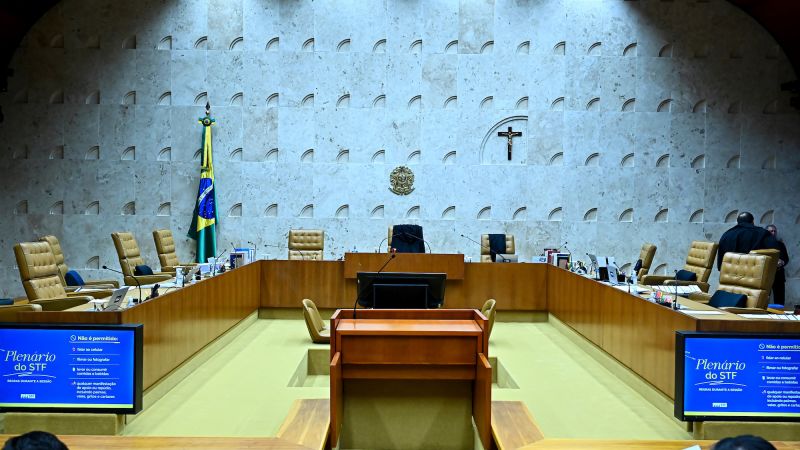Elon Musk has been engaged in an online feud with Supreme Court judge Alexandre de Moraes in Brazil, with the judge threatening to suspend social media platform X if Musk did not comply with certain demands within 24 hours. Musk has called de Moraes an “evil dictator” and “Darth Vader” in response to the threats. Brazil is a major market for social media platforms, with about 40 million Brazilians accessing X at least once per month. The feud between Musk and de Moraes centers on arguments over free speech and alleged disinformation, with X announcing its closure in Brazil due to what it called “censorship orders” from the judge.
De Moraes had ordered X to block several accounts spreading disinformation, leading to tensions between the company and the Supreme Court in Brazil. The judge’s latest statement was shared on the Supreme Court’s official X account, giving Musk until the following evening to respond. X had previously announced its decision to close operations and fire staff in Brazil in response to the censorship orders from de Moraes. The company cited concerns for the safety of its staff and the lack of due process in the legal proceedings as reasons for its closure in Brazil.
On August 17, X published a statement explaining its decision to close operations in Brazil, attributing the move to de Moraes’ demands and the lack of legal recourse available to the company. Musk echoed X’s statement, indicating that the demands from de Moraes would require the company to violate Brazilian, Argentinian, American, and international laws. X reiterated that its service remains available to the people of Brazil despite the closure of its local operations. Musk expressed disappointment over the situation and pointed the blame at de Moraes for forcing the company to make such a decision.
The ongoing feud between Musk and de Moraes highlights the challenges faced by social media platforms in navigating legal and regulatory issues in different countries. The clash over free speech and censorship reflects broader debates about the responsibilities of tech companies and the limits of government intervention in online content. X’s closure in Brazil underscores the complexities of operating in a global digital space where legal frameworks and cultural norms vary widely. Despite the conflict, X remains committed to providing its services to users in Brazil, even as it faces challenges in complying with local regulations and court orders.


